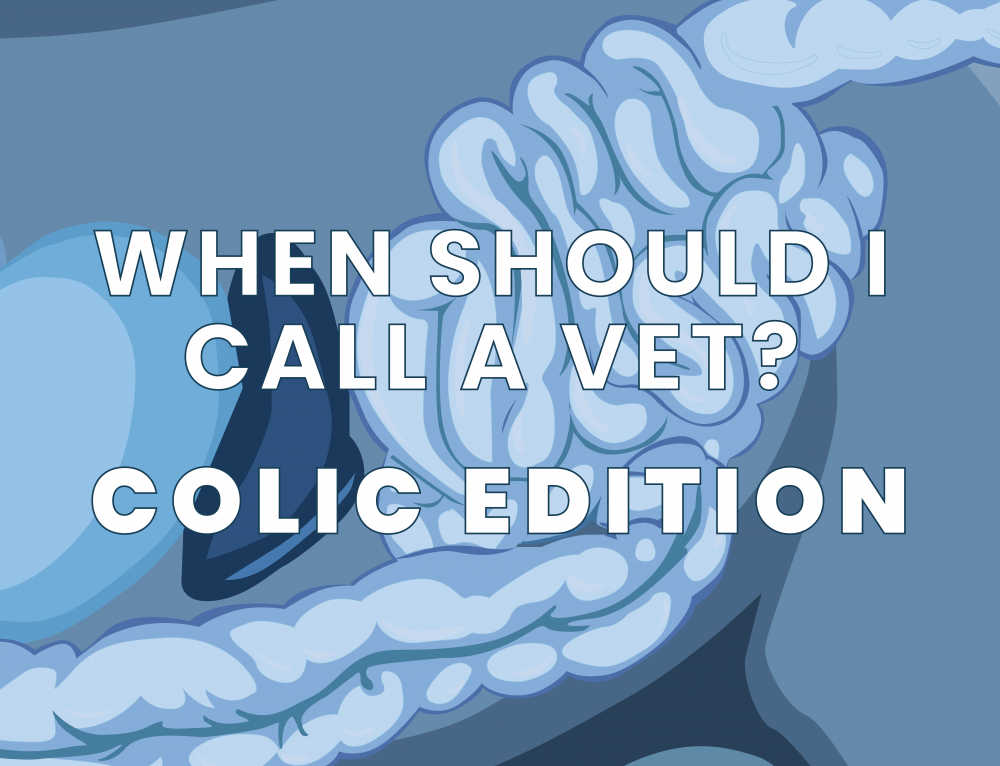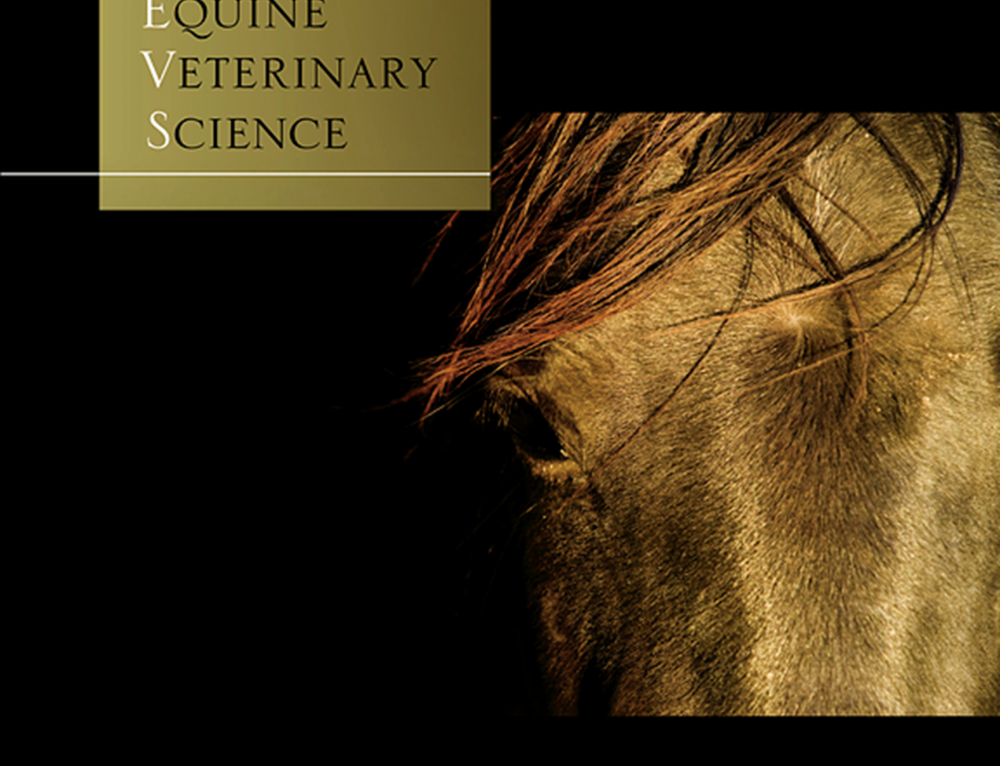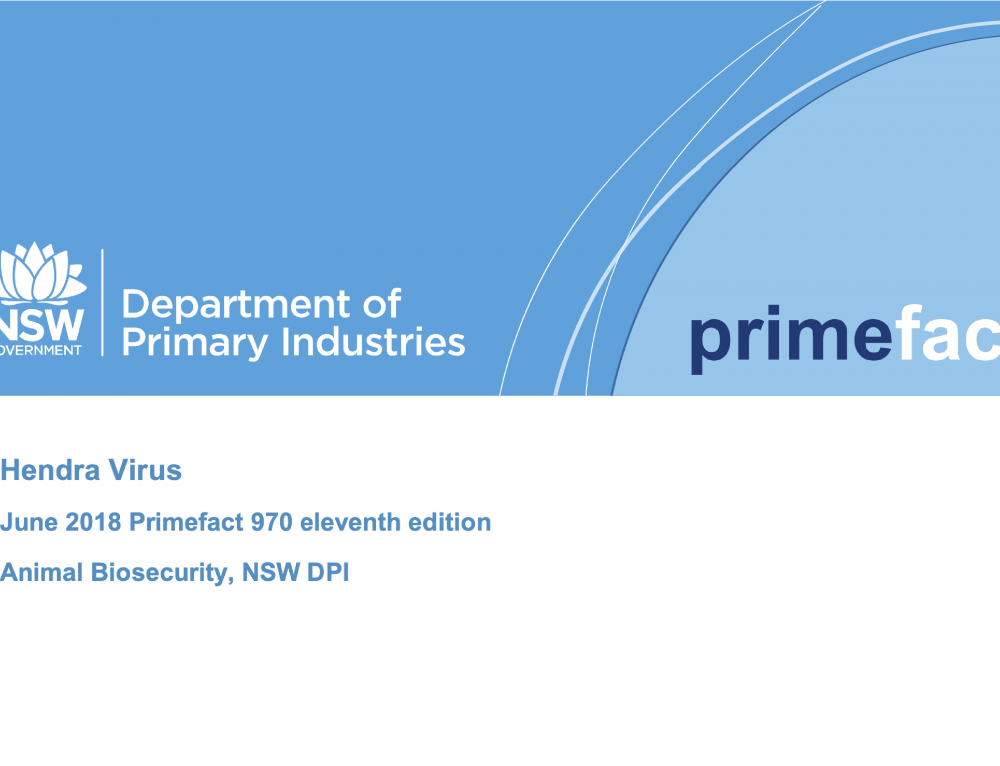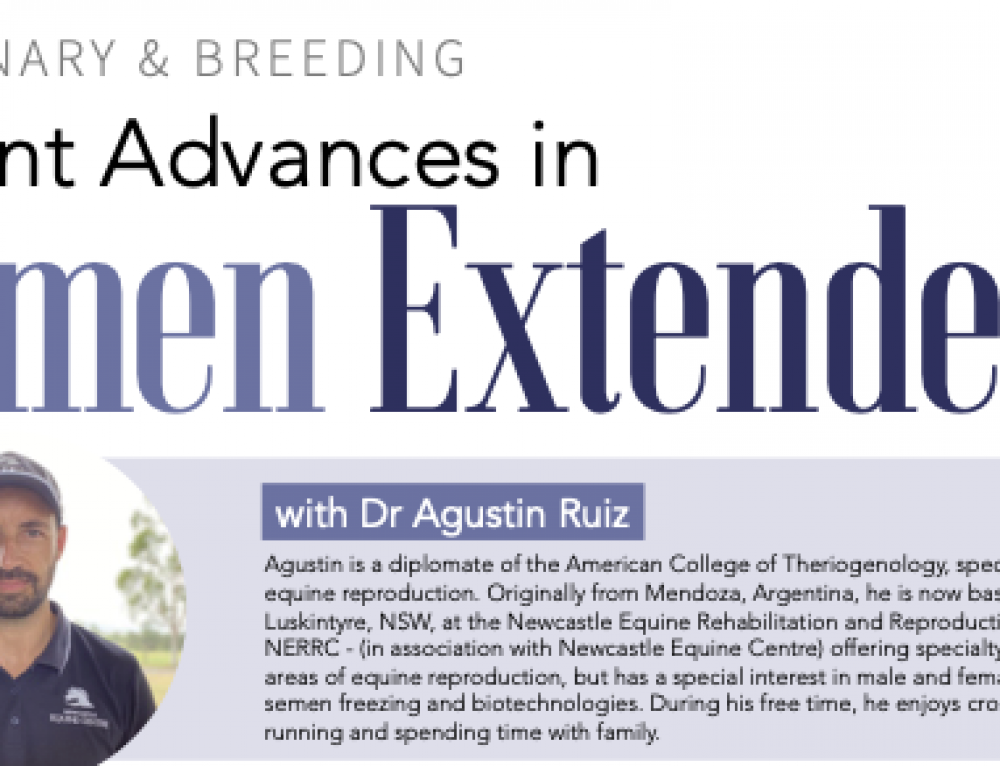Environmental management is an important part of parasite control. When a horse sheds eggs in their faeces, they hatch into larvae on the pasture which are then ingested by other horses as they graze. Therefore, regular and thorough removal of faeces from the pasture is a crucial step to reduce infection. Avoid overstocking and overgrazing paddocks, and you can also consider co-grazing with other species such as sheep or cattle, as they remove the parasites from the paddock but cannot get infected by them.
Do not ‘dose and move’, where you worm horses and immediately move them to a new paddock. This is not recommended, and actually increases resistance! The reason for this is when you worm the horse, you kill all the susceptible worms, leaving only the resistant ones behind. If you then move the horses to a clean pasture, there is no build up of a susceptible population of worms on the pasture (aka ‘refugia’) to dilute this resistance.

It can be difficult to have a coordinated approach if there are many horses, often with many owners, on the same property. It is important to work together on a worm control program, and we are more than happy to assist you to make a tailored management plan for your specific property and needs. When a new horse arrives at your property, a faecal egg count should be performed to determine their shedding status and any resistance before they are turned out with existing horses. Additionally, you may need different strategies for different groups of horses on the same farm, for example foals or pregnant mares.
Look out for our final ‘Worm Week’ post tomorrow where we will discuss worming foals!






